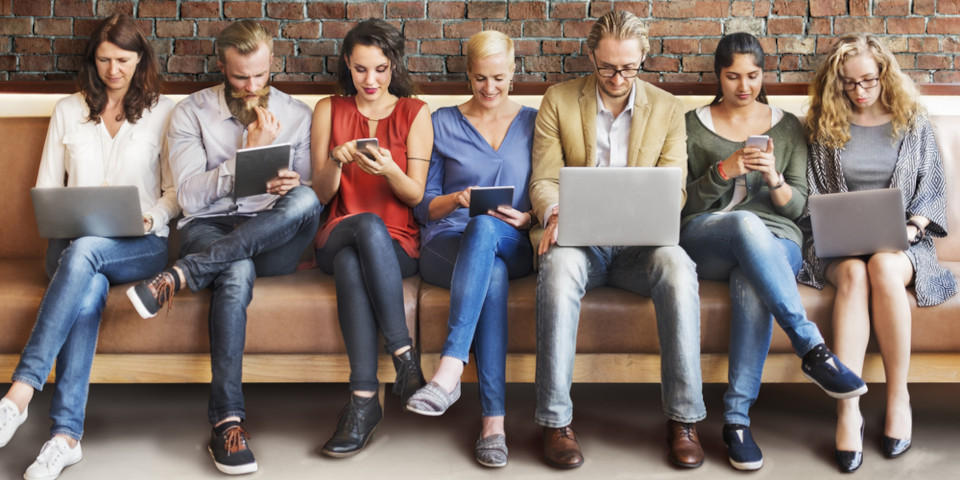I THINK I am “unusual” in that I hate social media (SM) and rarely use it with the obvious exceptions of LinkedIn posts!.

From a cybersecurity perspective, if you overshare and give away personal, private, financial, location and other information on SM you increase your risk of identity theft, burglary and physical harm, stalking, harassment, professional and personal reputation harm, and more.
Of course, SM can be used to connect, to educate, and for self-expression, but there are many “better” ways to do all those things that will likely have fewer negative repercussions.
My biggest concerns with SM have to do with the social and psychological damage it is doing to everyone one who uses it, especially our children. A big part of psychological health is related to our “locus of control”.
Do we look inside ourselves or outside of ourselves for information, comparisons, and validation? Our happiness, self-confidence, and self-image can be impacted if we believe that our actions, choices, and abilities, that determine our success or failure, are driven by things inside of us, over which we have some control, or are external to us and not under our control. I think social media drives an external locus of control.
When we are on SM, we are looking to others to find out what is good, what/who is good-looking (i.e., attractive or beautiful or handsome), what is liked, acceptable, worthy and valuable.
Instead, we need to develop an internal moral compass to be happy, healthy, psychologically well-adjusted humans. Most of us internally know what is “right” and what is harmful. We know what is good and positive versus what is negative and likely to cause harm. Unfortunately, SM drives us outsides of ourselves and makes us unhappy. There is “always” someone else who has more likes, has more followers, is more attractive, more muscular or physically fit, has more money, a faster care and/or a bigger house!
Social comparison is inevitable to some degree, and striving to be better can be a good thing. I often looked at my “elders and betters” early in my career and I wanted to be like them. That drove me to learn, grow and improve. That was and is fantastic.
However, the stress and anxiety produced by social media-generate fear of missing out, the constant and never-ending external comparison, and the impossible striving for likes and acceptance by others, is driving many people to unprecedented and intolerable levels of stress and anxiety.
We must look inside ourselves. We have to get clear on our personal values, goals, objectives, morals, and healthy personal boundaries. There can be only one person with the most likes and followers. The rest of us are doomed to failure if we try and play that game. It is not a healthy game, nor is it a game that is winnable by more than one person!
Get off social media to the degree you can … at least stop sharing any personal, private, financial, location and other information (i.e., hobbies and interests) that cyber criminals can use against you.www.culturalcybersecurity.com
Go and see someone. Have lunch or a coffee/tea together. Go for a walk together. Have dinner together. Ring someone and talk to them on the phone. Go bowling together.
Stop comparing yourself to others you see on SM. Look inside yourself and find out what you like, what you value, what you want to do with your life regardless of what anyone on SM might think or say.
Develop some healthy and positive self-talk. Tell yourself, “I am wonderful just the way I am,” or whatever positive affirmation suits you. The little voice (or voices!) inside your head are powerful determinants of what you will be.
By James Carlopio. Dr James Carlopio is Executive Director at Cultural Cyber Security. Dr Carlopio has worked on cultural and technology transformation projects for numerous Australian, European and US-based organisations. He as worked with organisations such as the United Nations (ACT/EMP) in Geneva and Zurich Switzerland, with Origin. and has published over three-dozen articles and five books on various socio-technical issues and has written a regular section for the Australian Financial Review BOSS magazine. Visit: www.culturalcybersecurity.com
